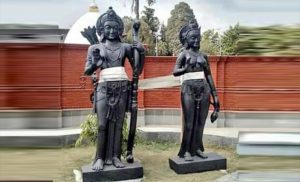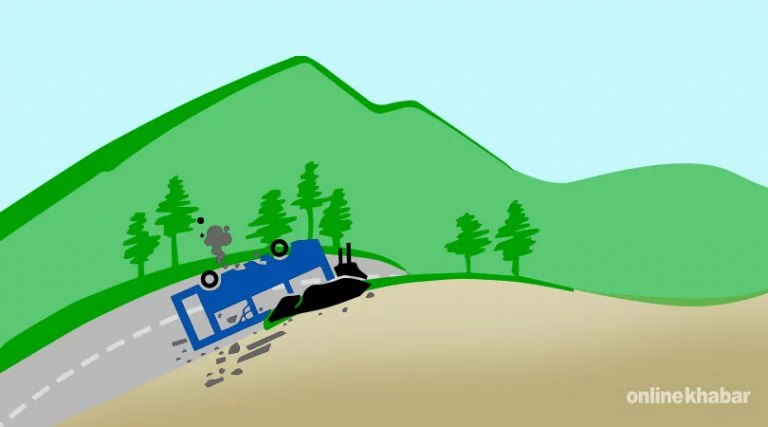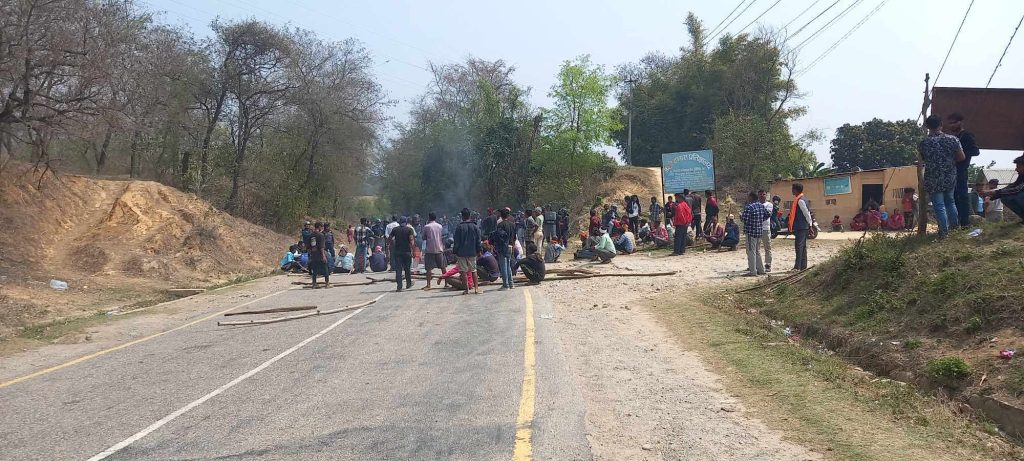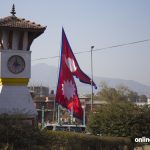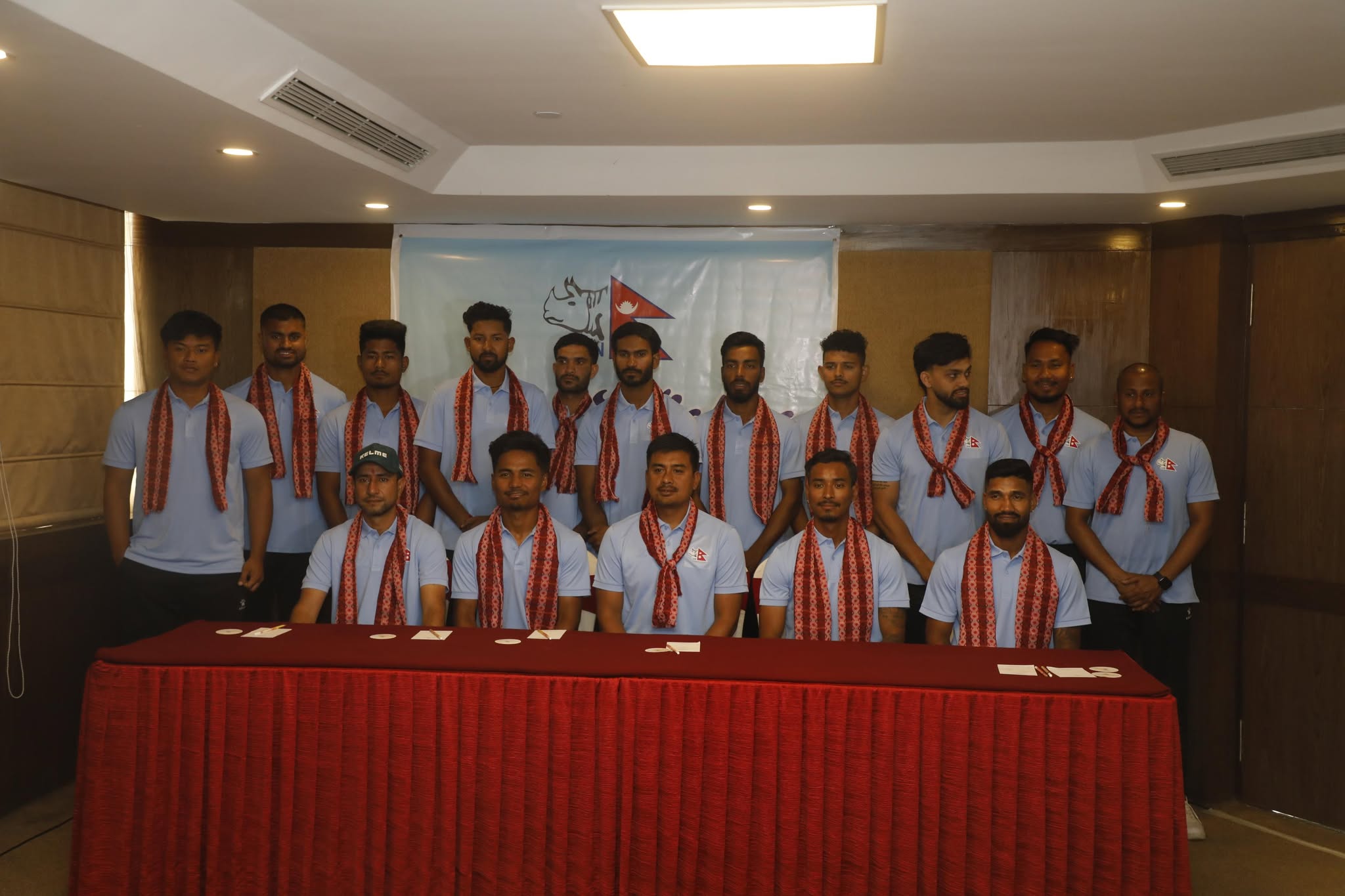
While farmers around the country are busy planting paddy, Khim Bahadur Mahara of Rivan village in Banglachuli rural municipality in Dang is disappointed. Mahara has 9 ropanis (0.45 hectares) of cultivatable land, however, after the Dangbang river near his house inundated his land, he has been unable to cultivate rice this year.
Behind his sorrow though, is the uncontrolled extraction of limestone by cement industries that has been going on in the upper part of the village for the past 10 years. Last year, a flood entered the village and left the land of many barren.
Extraction by Ghorahi Cement Industry and Samrat Cement Industry have been resulting in stones being taken out upstream and discarded downstream, which eventually accumulated in the Dangbang river. Consequently, it started blocking the river and altered its natural course.
The river’s diversion has ultimately devastated over 150 ropanis (over 7.63 hectares) of agricultural land of over 60 farmers like Mahara in the village.
“Because of the cement industry, the field that would usually be green and lush is now filled with stones. And even though it is plantation season, there are just stones,” laments Mahara.

Him Lal Wali of Rivan also shares the same anguish as 14 ropanis (0.71 hectares) of his arable land have been destroyed.
As the land has become infertile, both Wali and Mahara have been frustrated as they can neither plant paddy in the monsoon nor wheat and lentils in the winter.
“As the cement industry has made the land barren, how do I feed my family?” questions Mahara.
He adds that the farmers in the area are suffering the same. But the locals say that neither the cement industries nor the local governing body have listened to their plight. The locals feel the local government is powerless as it has not been able to hold the cement industry owner accountable.
The negligence of the cement industries has prompted the locals to submit a petition to the municipality’s judicial committee, highlighting the issue of the river depositing stones on agricultural land. However, no hearing has taken place regarding this matter.
Mahara continues to question, “Where can we seek justice?”
No talk, no resolution
Bhakta Bahadur GC, the deputy chair of Banglachuli rural municipality, acknowledges that the flood and landslides caused by the river blockage have resulted in the destruction of farmers’ land in Rivan village.
He mentioned that despite informing the cement industries about the issue, no efforts were made from either side to resolve the problem in the right way. He further expressed his commitment to promptly bring together both parties involved and initiate measures to address the problem.

According to the Dang Division Forest Office, the cement industries have been granted permission to quarry limestone from an area of 41.17 hectares, which includes the Tapa (Chun Dhunga) of the rural municipality. And Ghorahi Cement is involved in limestone mining across an area of 32.2 hectares in the region.
Similarly, Samrat Cement Industry has been conducting extracting from an area of 4.5 hectares situated in Banglachuli-5 while Shubhashree Agni Cement operates in an area of 4.97 hectares in the same municipality.
The unmet demands of the local farmers have left them deeply frustrated, as their livelihoods have been adversely affected. This unfortunate situation has led to many farmers feeling disheartened, with almost all of them feeling helpless.
The lack of support and opportunities for the farming community has resulted in significant economic and emotional distress for those whose livelihoods depend on agriculture.
This story was translated from the original Nepali version and edited for clarity and length.






